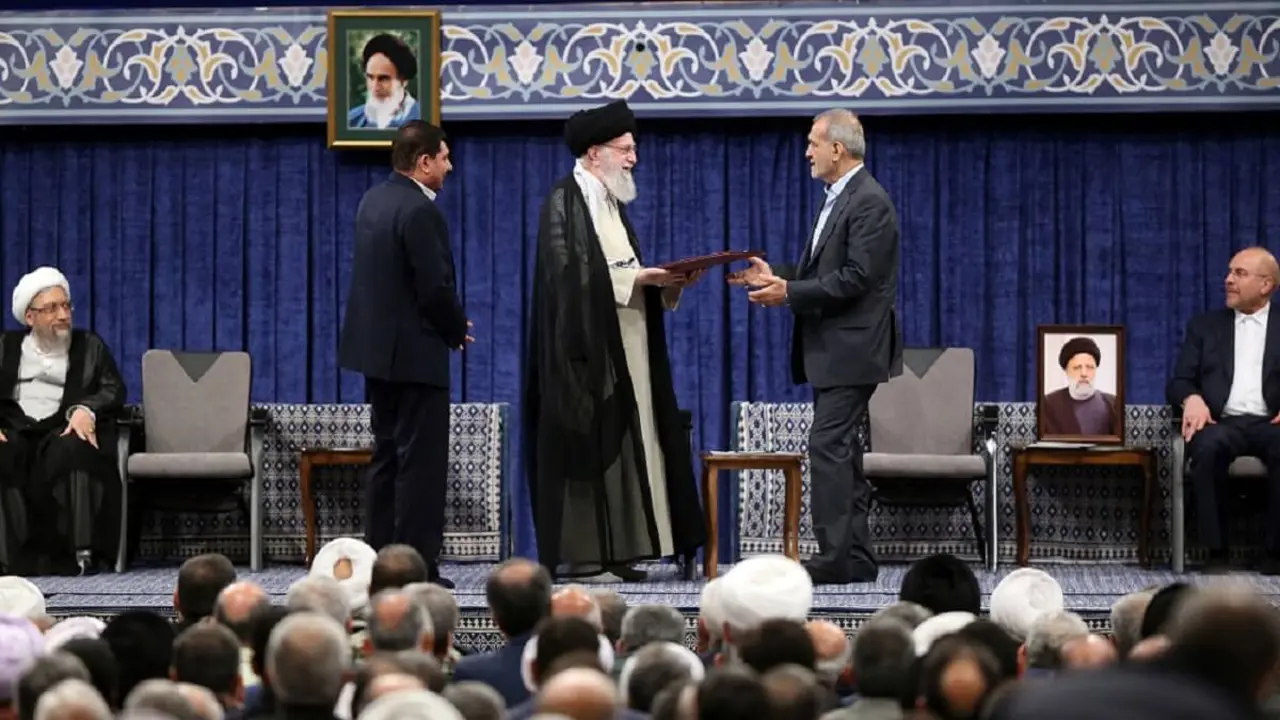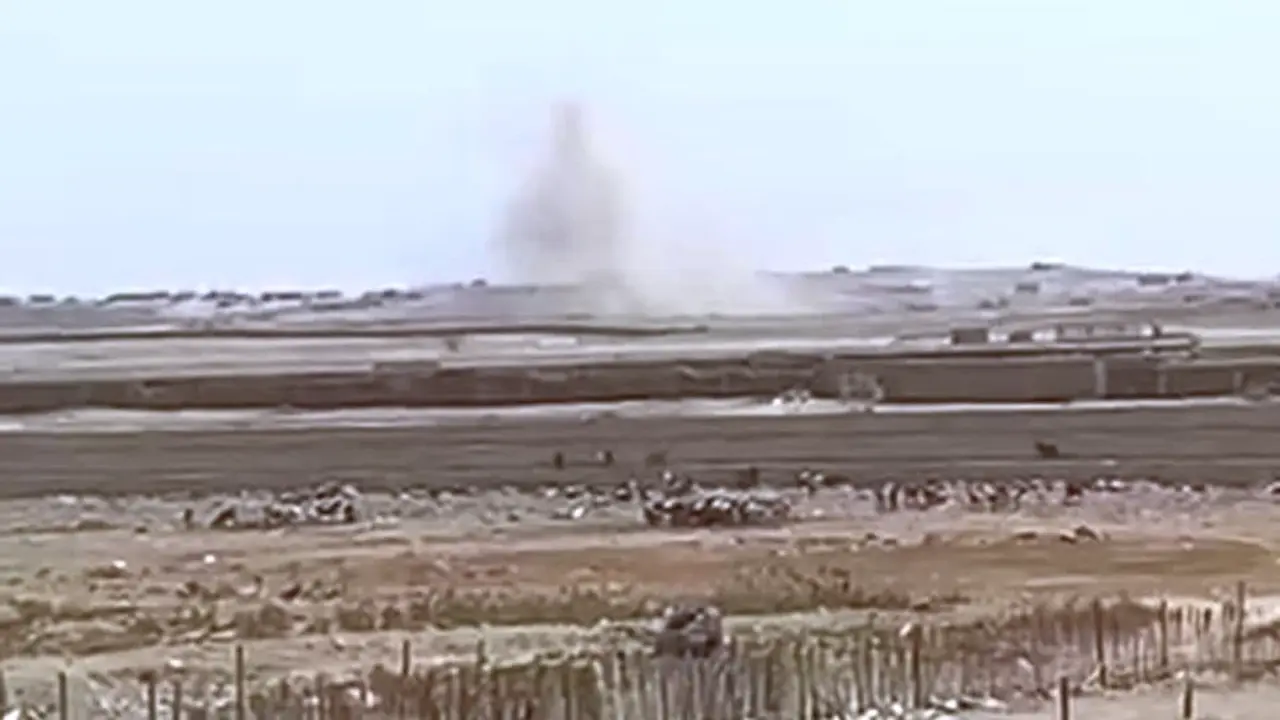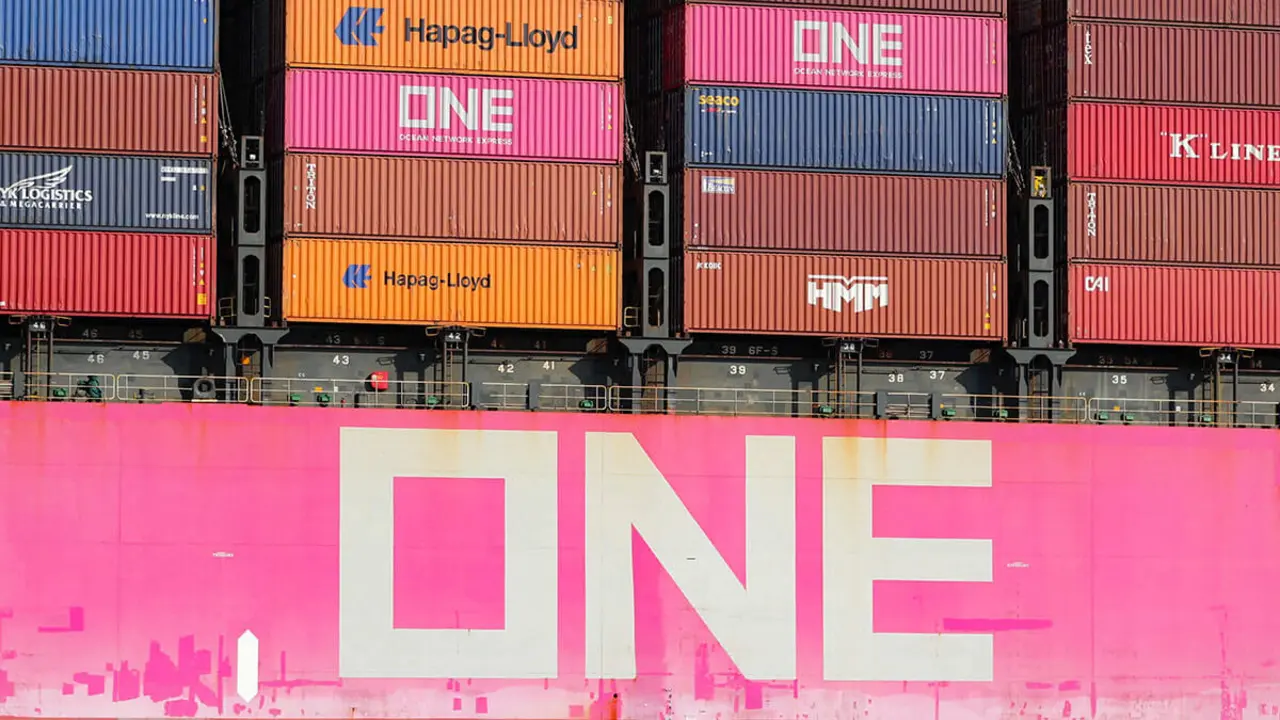José María Peredo: "While the United States has said it will not intervene in Ukraine, it has clearly written that it will do so in Taiwan if there is military aggression"

In the latest edition of "De cara al mundo" on Onda Madrid, we had the participation of José María Peredo, professor of Communication and International Relations at the European University and author of the book "Esto no va de Trump", who analysed the current tension in the China Sea with the military exercises of Xi Jinping's regime surrounding Taiwan by sea and air, following Nancy Pelosi's visit to Taiwanese territory.
Is China overreacting after Nancy Pelosi's visit or is it serious?
Both situations are being played out at the same time. It is serious from the point of view that the strategy of integrating Taiwan fully into China's sovereignty is an essential point in the process of China's rejuvenation, that step forward that Xi Jinping initiated in 2012, but which he highlighted in 2017.
China is serious about Taiwan, but it is undoubtedly overreacting in the sense that it does not have a plan ready to intervene in Taiwan. However, it does have an overt warning that over time such a military intervention option is a possible scenario.
Taiwan, which has been preparing for a long time, has achieved a very effective weapon, which is to become the world's largest producer and supplier of semiconductor chips, with 65%, so that China itself would be very much affected if it invaded Taiwan.
Of course it would. I think this is one of the trump cards played by the so-called "big strategy" of the United States, which Nancy Pelosi has put on the table at the moment. She is the President of the United States Congress, but of a Congress that is implementing a law, a directive, on Taiwan of a bipartisan nature, that is to say, Nancy Pelosi has not gone as a personal figure, not even as a representative of the Democratic Party; she has gone as a representative of a Congress that is unanimously committed to having a specific policy of defending democratic values and relations with Taiwan. So far, this has always been the case, but without breaking off relations with China or reaching a scenario such as the one we are currently experiencing.
But Taiwan, in addition to the issue of semiconductors and the relationship it has with the whole of Asia, both with countries allied to the United States and with China itself, has a very important aspect for the United States, and that is that it is the first line of defence and security for this country. In other words, for the United States Taiwan is a security issue, while for China it is a sovereignty issue.
To what extent was Nancy Pelosi's visit timely, and can it be considered provocative?
From the point of view of analysis, I would say that there was indeed a component of taking a risk, of taking a step. It is not that the White House has not authorised it, but that it has left autonomy to Congress, that is to say, an institutional operation. Nancy Pelosi's article stressed that this great American strategy also involves defending democratic values and alliances with democratic countries, not only from the government, but also from the institutions as a whole.
This is the analysis, but it has indeed tightened the noose. My opinion is that if China decides who can and who cannot visit Taiwan, it can, and in fact does, decide who can and who cannot trade with Taiwan, sign an agreement, or have relations of any kind with that territory. In this way it is accelerating that reunification which at the moment is rejected by the majority of free Taiwanese citizens.
It seems that right now what prevails is the law of the jungle, force, and this is unacceptable, or is it a reality that has always existed and is acceptable?
This dissuasive force, which obviously exists in the face of risks from other powers, obviously has to be established with diplomatic capacity and an important sense of balance. China has been putting pressure on Taiwan in terms of disinformation, reducing investments, reducing the number of students and tourists sent to the island, in short, a series of pressure measures that basically feed the pro-Chinese, pro-People's Republic of China sentiment that exists in Taiwan, but which is not the majority, because the Democratic Progressive Party president, Tsai Ing-wen, is one of the key players in the tension that has arisen.
In the past, the supporters of this reunification were stronger in Taiwan, and today the Taiwanese democratic system is hardly compatible, as has been seen in Hong Kong, with a regime like the one led by Xi Jinping.
What has become clear is that, if the United States does not take action to stop China's attempt at sustained or gradual annexation, what has happened in Ukraine may happen in Taiwan, that Russia, through various initiatives, will eventually lead to a confrontation or a catastrophe, as has happened with the Russian invasion of Ukraine.
Is the confrontation between China and the United States inevitable and is Taiwan the straw that breaks the camel's back?
Taiwan is at the centre of this confrontation. From this point on, it is clear that the word Taiwan is at the heart of the dispute between the US and China. Taiwan is China's priority in terms of reincorporation of its sovereignty, with all that this means from an economic point of view, but I would say politically and also in terms of its internal image. But for the United States, in its 2017 strategy and in the various analyses it has made public in 2020, Taiwan is a red line. While the United States has said that it will not intervene in Ukraine, it has clearly written that it will intervene in Taiwan in the event of military aggression. So what this has done is to increase the pressure balloon with Nancy Pelosi's visit.
China has made some absolutely over-the-top manoeuvres, but also a very significant gesture: it is not going to allow Taiwan not to move forward in this process of integration into China. The conflict is therefore multidimensional, but Taiwan is a key player.
Thinking about a possible solution now is perhaps premature. We will have to see how far each of them is willing to go.
It should also be borne in mind that it has had an impact on the neighbouring countries as a whole. Some of the voices in these countries have criticised the situation and Nancy Pelosi's visit. They have said that this is not the way forward. The way forward is to temporise because there is no situation of confrontation or hostility. This is important to see if it makes the United States think. In fact, there have also been some voices in this country telling Nancy Pelosi not to make the trip. The New York Times noted that there have also been critical voices in China, albeit very few, of this joint live-fire manoeuvre action by China. Some bloggers have pointed out that it is a case of boasting and then doing nothing, because they have no capacity: it is a kind of overreaction that leads nowhere.
Now, the struggle between liberal democracies and totalitarian regimes is open and will continue to be so. Neither the democracies will step back from defending our values and protecting the Taiwanese people who are the majority in deciding their future, nor are the authoritarian regimes willing to step back to negotiate a change of understanding, not a change of regime.








